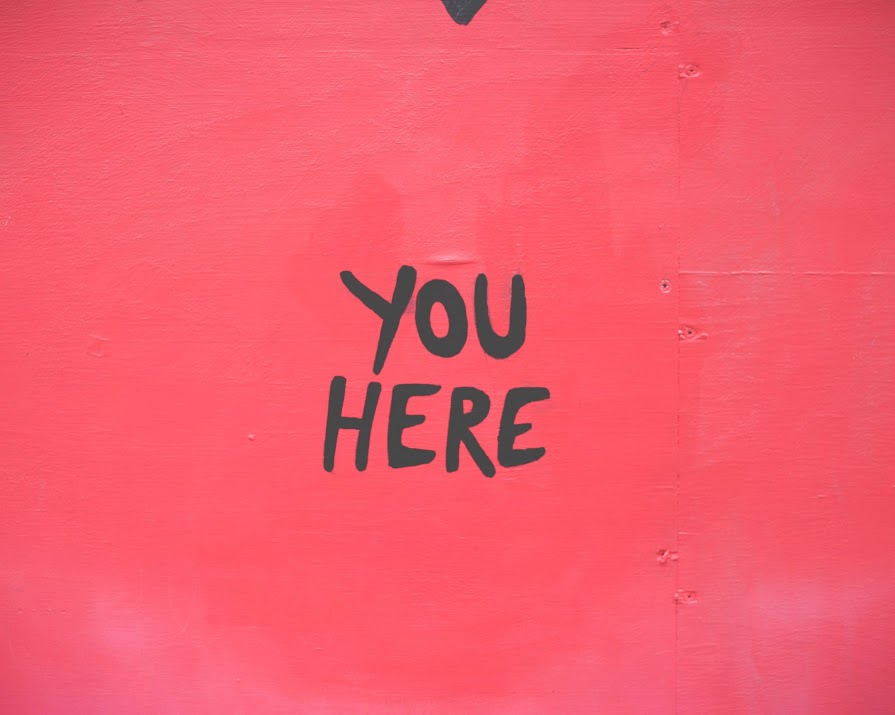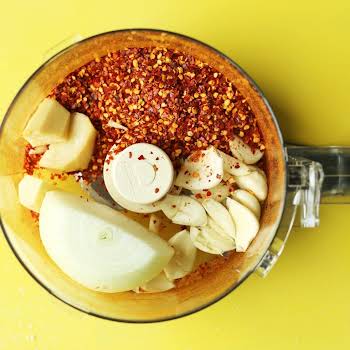When was the last time you asked someone how they were? It sucks to feel unseen.
By Louise Bruton
08th Nov 2018
08th Nov 2018
We ask ‘How are you?’ many times a day but Louise Bruton has noticed that we’ve stopped caring about the answer. She thinks it’s time that stopped.
Heyhowareya. That’s how I normally greet people. It’s one word and it’s not really a question. It just rolls off the tongue and it doesn’t mean anything except “how are you” is the question we should mean the most. Even though we’re in contact with the people in our lives more than ever before, posting, broadcast, WhatsApping, tweeting and talking on and on, it’s quite likely that we’re checking in less and an easy solution to this is to give those three words the meaning that they deserve.
“realising that no one has asked you how you’ve been doing can take the wind out of your sails”
A one-way conversation is quite a draining thing. As you nod your head to whatever is going on in your friend’s life, like work colleagues that use their mug, an up and down relationship or not knowing what they should do for their birthday, these conversations can occasionally make you feel invisible. We’ve all been there, either as the blabber or the head-nodder, and it sucks. It sucks to feel unseen and it sucks to feel like you’ve been selfish when your friend needed you to focus on them for just a minute. Even if there’s nothing monumental going on in your life, realising that no one has asked you how you’ve been doing can take the wind out of your sails.
Human connection is biological, chemical, emotional and essential
“We need to give “how are you” a more prominent place in our conversations because it might turn someone’s day or mood right around.”
“How are you” can jolt us back to reality. It’s an invitation to share what’s going on in our lives and if something bad is going on, people dodge the question, afraid of where the answer will take them. I interviewed Pixie Geldof around the release of her 2016 album I’m Yours, an album that deals with grief as much as it does love, and she said that when her sister Peaches died in 2014, people stopped asking how she was and this disconnect added to her grief. Even if we know someone is sad or sick or grieving or mending a broken heart, we shouldn’t assume we know the answer to the question. We need them to give to us but we need to ask first.
We surround ourselves with people for a multitude of reasons. For love, for companionship, for a laugh. We call on certain people if we want to get drunk or eat until our waistbands give up. Some people can be your moral sounding board and others are there when you just want some mindless entertainment. Whether you choose this company in small doses or big binges, the human connection is biological, chemical, emotional and essential and we have to treat the people in our lives like they matter. Apart from greeting your friends with the usual Heyhowareya – which is not really deemed a genuine probing into someone’s life or state of mind – we need to give “how are you” a more prominent place in our conversations because it might turn someone’s day or mood right around.
Check your conversations
“How are you actually doing?” is like turning a key in a door. What was initially a fleeting and rushed question gets a second chance but with added emphasis. It’s a question that comes with care and curiosity. You’re passing the mic to your friend – well, to be honest, you should be sharing the mic but look… we can work on that – because you want to hear about their day and how they feel. With conversations available 24/7 on tap thanks to WhatsApp groups, which can sometimes feel like a large room of people shouting for attention, the buzz of our phones can drown out the fact that direct conversations are now outnumbered by online exchanges. That human connection is weakening and “how are you” can turn that dial-up connection to a broadband one. Remember life before broadband? It was pretty grim. And slow. So slow.
In some sort of utopian world, we’d banish mobile phones entirely and only make public announcements for the masses once a year using different smoke signals. Communication would no longer be a convenience for us but something we put effort into and care about. But that’s not the world we live in. Our phones live in our pockets and in our hands and our laptops have intimately wedged a groove into our thighs. We’ve got profiles of friends to skim through until we find someone that’s got the green light on and available to chat but we’re in too deep now to toss all technology into the sea. But with one hand in the digital, the rest of us is out here in the real world and we can bolster that connection a little better.
Check your conversations. Check to see if you’re listening as much as you are talking. Are you asking any questions at all, or are you turning your inner monologue into a one-person Fringe show? If you realise that you’ve been hogging the limelight, it’s not too late to turn things around by asking your pal about their day. We can never fully know what’s going on in someone’s life until we ask them about it. We all have our daily battles, some bigger than others, and the load might be lightened – even by a small fraction – if we have someone there who wants to hear about it.
Heyhowareya, or some variation, is something we say almost every day but it’s about time that we actually meant it.























